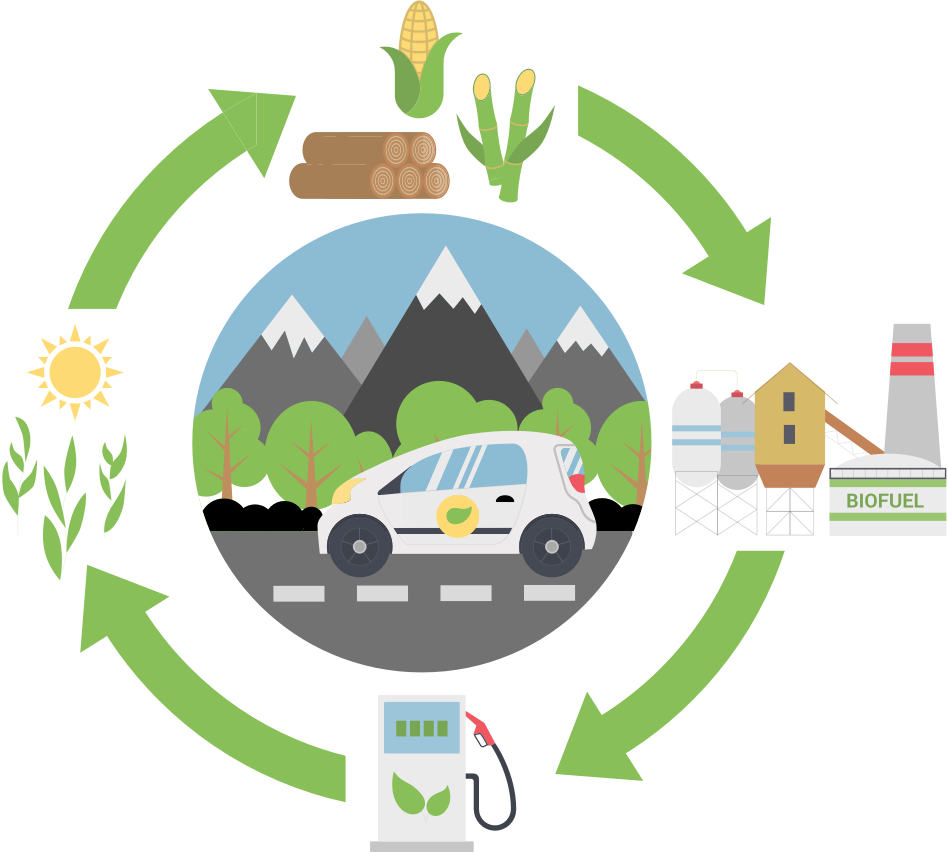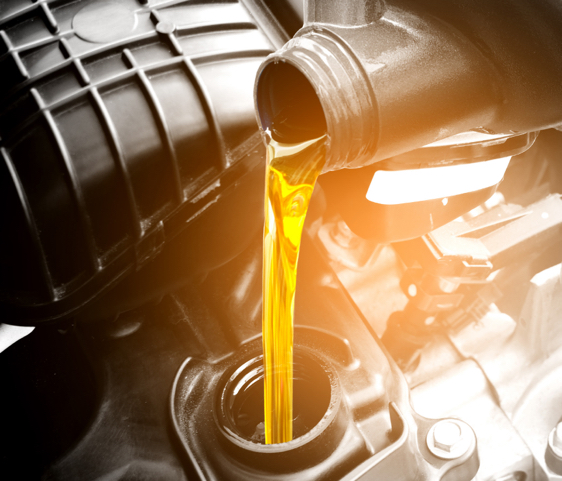The ATIEL Industry Liaison Committee (ILC) engages with key automotive industry stakeholders on existing and emerging technical issues and trends impacting engine design and use, and their potential effects on lubricant performance and formulation. Its focus is to support the development of specifications that lead to fit–for–purpose lubricants and ensure their timely availability.
The ILC actively engages in technical discussions with automotive manufacturers, represented by the European Automobile Manufacturers’ Association (ACEA), as well as with other lubricant-related industry groups such as additive manufacturers, represented by the Additive Technical Committee (ATC).
The European Automobile Manufacturers Association (ACEA) represents the interests of major European car, truck and bus manufacturers. They set performance specifications for engine lubricants through its European Oil Sequences. ACEA performance specifications are increasingly adopted outside Europe.
With the support of ATC, the ILC formulates ATIEL’s response to the evolving ACEA sequences. Discussion are held within ACEA extended heavy-duty working group and ACEA light-duty working group every quarter.
The ILC also has direct contact with individual OEMs or other automotive groups, including component manufacturers, on specific technical topics.
In addition, ATIEL is a member of the European Coordinated Council for the development of performance test for fuels, lubricants and other fluids (CEC ). The latter is an Industry-based organisation which develops Test Methods for the performance
testing of Automotive Engine Oil, Fuels & Transmission Fluids (using gasoline & diesel engines).
CEC lubricant test methods (engine, rig and laboratory) are one of the pillars of EELQMS. Stakeholders in CEC are: ACEA, ATIEL, ATC & CONCAWE*. ASTM International also develops North American engine and laboratory tests and standards, some of which are included in the ACEA Oil Sequences.
ACEA sequences
Since their introduction in 1996 the ACEA Oil Sequences have been updated periodically to ensure that engine oils are able to meet the ever-changing requirements of the latest engine technologies. For the first time since the Sequences were first released, ACEA 2021 has separated the Light and Heavy Duty Sequences to allow a more flexible approach to updating the specifications.
ACEA Sequences 2023 for Light Duty Engine
ACEA has released the new 2023 ACEA Light-Duty oil sequences as the successor for the 2021 ACEA Light-Duty oil sequences.
The introduction of the new ACEA C7-23 category focuses on low viscosity SAE 0W-16 engine oil to cover the needs for an engine oil that provides further increased fuel economy versus the C6-category introduced in 2021.
The re-introduction of the OM646LA wear test for the 2016 ACEA legacy categories i.e. A3/B4, A5/B5, C2, C3, C4 and C5 ensures that oil marketers continue to supply oils with proven performance.
ACEA Sequences 2024 for Heavy Duty Engines
ACEA has released the new 2024 ACEA Heavy-Duty oil sequences as the successor for the 2022 ACEA Heavy-Duty oil sequences. A new engine oil category F01 is introduced, which has specific viscosity requirements (HTHS ≥2.9 &≤ 3.2 mPa.s) in comparison to E11-24 (HTHS ≥3.5) oil specifications to support Fuel Economy Improving engine oils for Heavy Duty applications. A consumer language table for on and off-highway applications is added to make the 2024 ACEA Heavy-Duty oil sequences more comprehensive. New claims can be made against the 2024 ACEA Oil Sequences for Heavy-Duty Engines revision 1 as of 18 December 2024.
From 18 December 2025 onwards, the 2024 ACEA Oil Sequences for Heavy-Duty Engines revision 1 are mandatory for all new claims.


ACEA Sequences 2023 Light Duty Engines and ACEA Sequences 2024 for Heavy Duty Engines - changes to categories
ACEA Sequences for Light Duty Engines
The new category C7 is the SAE 0W-16 version of C6 with an achievable 0.3% fuel economy limit for the JASO FE M366 test.
ACEA Sequences for Heavy Duty Engines
Main elements: No changes to ACEA 2022 HD legacy categories; a new engine oil category F01-24 is introduced;
Low HTHS version of E11-22: 2.9 – 3.2; Alignment with API FA-4; Introduction of new consumer language tables; On-highway and Off-highway
ACEA Sequences 2023 for Light-Duty Engines and ACEA Sequences 2024 for heavy Duty Engines-Changes to Test
Light Duty Engines
Next to the introduction of the new category C7, a significant change is the re-introduction of the OM646LA wear test but only for the 2016 ACEA legacy categories i.e. A3/B4, A5/B5, C2, C3, C4 and C5 with the limits defined for the 2016 ACEA Light-Duty oil sequences.
Heavy Duty Engines
With the introduction of ACEA F01-2024, no new bench or engine tests were introduced. The test requirements for the newly introduced heavy duty engine oil category F01-2024 and E11-2024 are the same except for the high temperature, high shear viscosity requirements of HTHS ≥2.9 &≤ 3.2 mPa.s for ACEA F01-2024 in comparison to HTHS ≥3.5 mPa.s for E11-2024. Also, the grandfathering rules for engine tests were updated and extended to the F01-2024 category.
ATIEL members have considerable expertise and field experience that can support and inform discussions around the effects of engine design changes on lubricant performance under actual service conditions.
The ILC’s involvement in the early stages of technical developments enables ATIEL to provide useful input to the design of new specifications. This proactive approach is also important for providing the lubricants industry with the necessary lead time to develop and reformulate lubricants that will be required to meet new evolutions of the ACEA specifications. It is in the best interests of all automotive industry stakeholders, and particularly consumers, that when new specifications are introduced the appropriate lubricants are widely available across the market.



